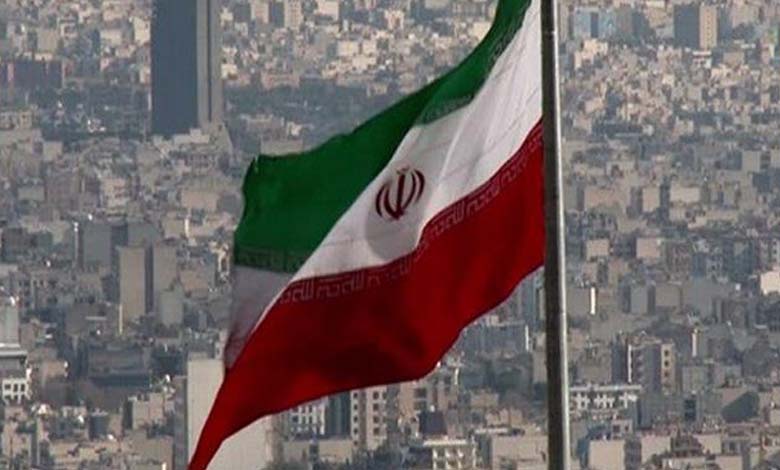International report highlights Iranian regime’s human rights violations

An international report has once again highlighted the human rights violations committed by the Iranian regime against its own people.
Amnesty International said in its annual report: In 2012, thousands of people were illegally detained and interrogated in Iran, and security forces used lethal brute force and shotguns to suppress protests, Iran International reported.
Last year saw hundreds of people unjustly imprisoned, and women, religious and ethnic minorities and gays faced systematic discrimination and violence in Iran, the organization said in a report.
The report spoke of new legal and legislative restrictions in Iran with regard to women’s sexual and pregnancy rights, as well as the right to freedom of belief and the right to access the Internet.
Amnesty International’s report noted continuing torture and widespread inhuman persecution, including prisoners being denied adequate medical care, officials in the Islamic Republic regime neglecting prisoners’ rights to a fair access to COVID-19 vaccine, as well as continuing flogging, amputation of body parts and eye removals by Iranian judiciary officials.
Regime officials use mass executions as a means of repression, the report said.
The organization noted that figures accused of crimes against human rights, executions of political prisoners, and other events classified as crimes against humanity under international law continue to enjoy legal immunity.
As a case of systematic impunity for crimes against humanity in Iran, Amnesty International pointed out that Ebrahim Raisi, the former head of the Iranian judiciary, instead of being tried for crimes against humanity in relation to enforced disappearances and extrajudicial executions in 1988, became President of Iran.
Amnesty International said that as US sanctions against Iran’s nuclear program, as well as the coronavirus pandemic and corruption, exacerbated Iran’s economic crisis with ongoing trade union protests in the country, officials neglected to prioritize appropriate salaries, housing, medical care, food security and education in the country’s public budgets.
The organization’s report referred to the severe repression of freedom of expression, assemblies, the continued media blackout, the banning of satellite channels, and the arbitrary detention of citizens who have posted on social media on charges such as: anti-revolutionary or anti-Islamic, the report said, pointing to the internet shutdown in various protests in Iran and the adoption of a law restricting the Internet in the Iranian parliament.
The report added that threats against political opponents and journalists living abroad, the detention and interrogation of their families in Iran, and the abduction of political opponents and their transfer to Tehran are other human rights violations committed by the Islamic Republic.
Among the cases of violation of women’s rights in Iran in 2012, the report of the organization referred to discrimination against women in law and in employment, and this is reflected in various areas, such as: marriage, divorce, employment, inheritance, access to political office, the continued detention of women opposed to compulsory veiling, the abolition of free contraceptives, the prohibition of sterilization, restrictions on the sale of contraceptives, and the failure to determine the fate of the draft law on the protection of women from violence.
The report also referred to discrimination against national minorities, including Ahwazi Arabs, Turks in Azerbaijan, Baluch and Kurds, Turkmen, religious minorities, such as Baha’is, Christians, Jews, Yarsan and Sunnis.. denial of education, employment and political office, arbitrary arrests, torture and other ill-treatment.
In March, the UN special rapporteur on human rights in Iran, Javaid Rehman, called on the Iranian authorities to respond to the international community for massive human rights violations.
According to Javaid Rehman’s report, presented at the 49th meeting of the UN Human Rights Council, at least 275 people were executed in Iran in 2021 alone, including 40 Baluch and 50 Kurds.












